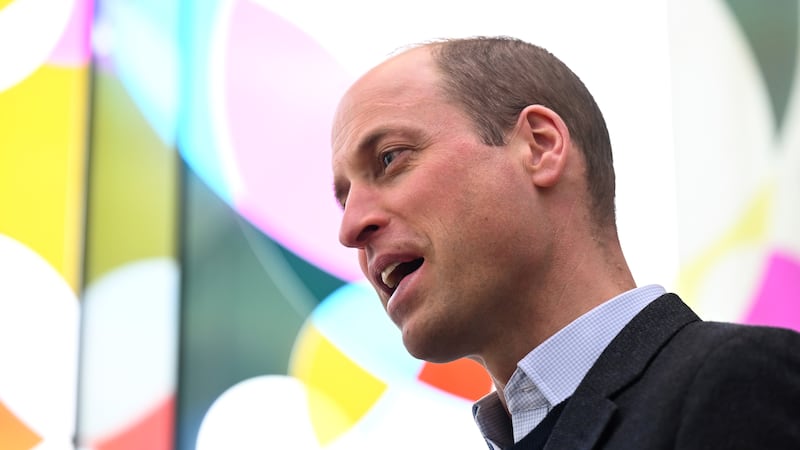PROPOSALS to increase tuition fees are "indefensible" when senior managers are drawing six figure salaries and students are being saddled with massive debts, a union has claimed.
Economy minister Simon Hamilton, who is responsible for higher education, is considering options on funding for the sector - including one that could see a three-year degree costing as much as £27,000.
Home students at the north's institutions will pay more than £4,000 a year for the first time in 2017.
Before May's assembly election, former minister Stephen Farry published options for securing a sustainable higher education system. The status quo, he said, had led to reduced student and staff places.
With Stormont finances expected become even tighter, it is feared a tuition rise may be the only available source of extra income.
Annual costs ranging from £6,500 to £9,000 are being considered. There is also an option to set student contributions at between £5,500 and £6,000 annually, however, this would also require increased public investment.
It has been reported that Queen's University Belfast has recommended fees of up to £6,300 a year, which would help reverse cuts to student places.
Unions are unhappy, arguing that this would further disadvantage potential students from working class backgrounds.
Unite, whose members include laboratory staff and technicians, said such increases were "indefensible".
The union pointed out that many top Queen's staff received six figure salaries. The Irish News reported this year that a dozen senior managers appointed as part of a major restructuring by Queen's stand to take home more money a year than the First Minister.
Unite regional officer Sean Smyth said the union supported the case for additional funding for universities.
"There is mounting evidence that young people coming from working class or lower-income households are put off higher education opportunities by the exorbitant fees being charged by universities in England and Wales. Now Queen's University appears to want to go down the same path," he added.
"Young working class people attending universities are faced with taking on unsustainable debts caused by fees and student loans, with little assurance of improved job opportunities in the future. We need to open the door to everyone in society."
Fergal McFerran, president of the NUS-USI union, said the recommendation by Queen's was "extremely troubling" because increased fees could have a devastating impact on students.
"The arguments against fees are clear; socially, morally and even economically. You do not build a strong economy by lumping debt on students. You cannot enhance social mobility by creating more barriers to tertiary education," Mr McFerran said.
Queen's said it was committed to working in partnership with the Executive "to achieve a solution to the current structural funding deficit that exists in the higher education sector".
The Department for the Economy confirmed that "the options on higher education funding are currently being considered by the minister".








